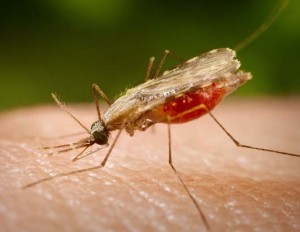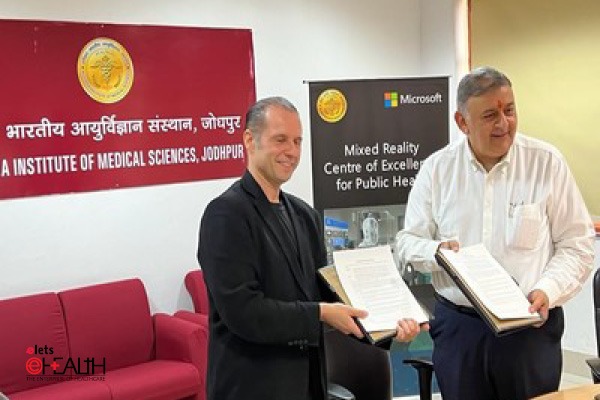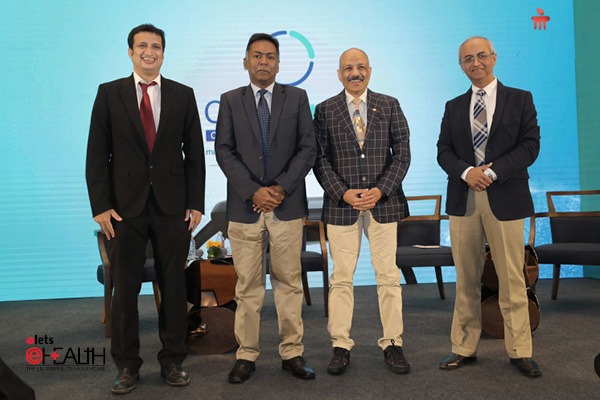
 A researcher from Australian National University has said that rather than proteins or DNA, lipid molecules and fats may present new methods to treat malaria.
A researcher from Australian National University has said that rather than proteins or DNA, lipid molecules and fats may present new methods to treat malaria.
Researcher Alexander Maier said that by studying lipid molecules, fats, they have opened a new avenue to develop drug treatments for malaria. Malaria parasites have developed resistance to the available anti-malarial drugs.

He further added that female parasites build a deposit of fat in a localized spot that is controlled by gABCG2f, which is a molecule that controls the transport of fat molecules.
Malaria, genetically modified to have no gABCG2 did not accumulate fat in the same way, and struggled to survive in the mosquito.
His co-researcher Phuong Tran said that the discovery of the role of fats within the gametocyte could lead to new malaria drugs.

Tran further said that if they could target the molecule gABCG2f and kill the females, then they could stop the fertilization, which would in turn stop the development and transmission of the disease.
The results are published in the latest edition of Nature Communications.
Be a part of Elets Collaborative Initiatives. Join Us for Upcoming Events and explore business opportunities. Like us on Facebook , connect with us on LinkedIn and follow us on Twitter , Instagram.












